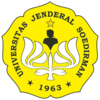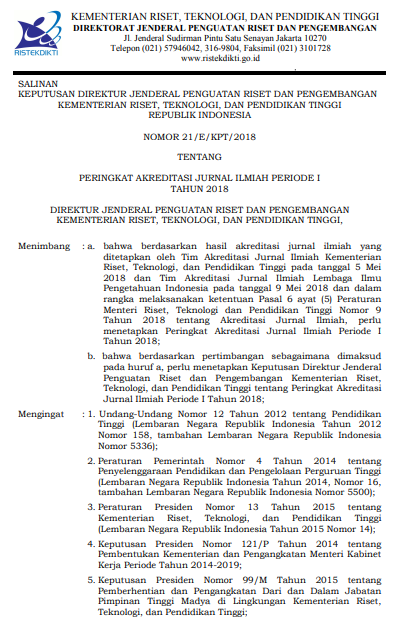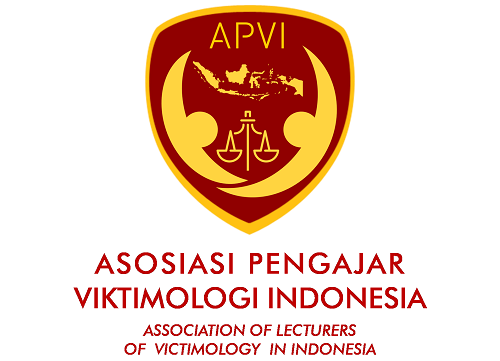PENAFSIRAN SISTEMATIS TERHADAP KONSEP "SETIAP ANAK" BERHAK UNTUK MENGETAHUI ORANG TUANYA DALAM PASAL 1 AYAT (1) UNDANG UNDANG NO. 23 TAHUN 2002 TENTANG PERLINDUNGAN ANAK
Abstract
Partial understanding about children and their rights according to Law No. 1 of 1974 and Law no. 23 of 2002, become confusing. If the concept of "every child" has the right to know his parents, raised and nurtured by the parents themselves are connected with the concept of illegitimate children, there will arise the question of whether an illegitimate child ("child adultery"), may file a lawsuit to the Court, in case the biological father has been married to another woman. The result of systematic interpretation in the application of Article 7 paragraph (1) Act No. 23 of 2002 based on the principles and specific legal principles in family law and marriage, the recognition of children can not be applied to "every child" and it only works for children out of wedlock with her biological father is not bound by the terms of marriage with another woman. The expected contribution is the implementation of human rights in every national legal product should consider the principle of legal certainty, usefulness and fairness, and not just create new problems in society.
Key words: systematic interpretation, every child, child recognition
Full Text:
PDF View
DOI: http://dx.doi.org/10.20884/1.jdh.2011.11.Edsus.266
Refbacks
- There are currently no refbacks.
JURNAL DINAMIKA HUKUM Indexed by :
 | Jurnal Dinamika Hukum | |
| Faculty of Law, Universitas Jenderal Soedirman | Copyright of Jurnal Dinamika Hukum | |
| Yustisia IV Building, Law Journal Center | ISSN 2407-6562 (Online) ISSN 1410-0797 (Print) | |
| Purwokerto, Central Java, Indonesia, 53122 | JDH is licensed under a Creative Commons Attribution 4.0 International License | |






